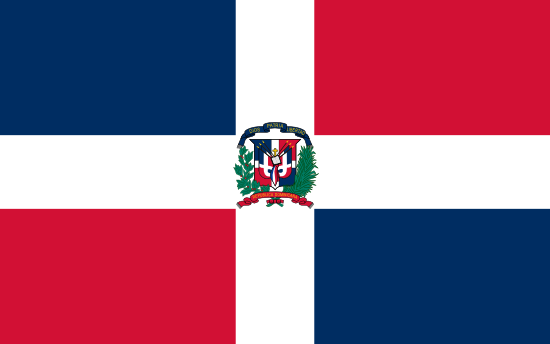
Health Insurance in Dominican Republic, America
Information expatriation
Capital City: Santo Domingo
Total area: 48,671 km2
Population: 9,760,000
Money: Currency Converter
Time Zone: List of time zones by country
Calling Code: +1 809 XXX
Practical Information:
Health Product: Travel Insurance and Health insurance
Health Insurance information and Sanitary Risk: World Health Map
BLOG : Expat Health insurance Information
Here is a brief description of the healthcare system in the country:
· The DR has a mixed public-private healthcare system. The government provides universal coverage through the Seguro Nacional de Salud (SENASA).
· However, government funding is low and most citizens rely primarily on private healthcare options. Many have supplemental private insurance.
· Public primary care clinics and hospitals exist but often lack adequate resources and specialists. Wait times can be long.
· Private hospitals, clinics, pharmacies, and doctors catering to both citizens and medical tourism are common alternatives.
· The healthcare workforce includes physicians, dentists, and nurses. Medical education is available through local universities.
· Preventable diseases have declined but challenges remain regarding access to care in rural areas, maternal mortality, and chronic conditions.
· Out-of-pocket payments are high due to underfunding of public options and supplemental private insurance.
· Medical tourism brings revenues but also places additional burden on an already-strained system.
· Overall healthcare outcomes have improved but lag behind other Latin American countries with stronger systems.
Here are some key health considerations for expatriates living in the country:
· Purchase comprehensive private medical insurance. Public options have limited resources and high out-of-pocket costs.
· Register with an international accredited private clinic/hospital for non-emergencies. Access to English-speaking doctors is generally better.
· Supplement any regular prescriptions. Medication availability through public system can be inconsistent.
· Learn basic medical Spanish phrases for emergencies and interactions with public care providers.
· Follow food/water safety protocols. Travelers' diarrhea is common. Boil or treat water before consuming.
· Consider risks of traffic accidents, mosquito-borne diseases like dengue and Zika, and water activities. Take proper precautions.
· Air quality issues in urban areas like Santo Domingo can exacerbate respiratory illnesses. Use masks if needed.
